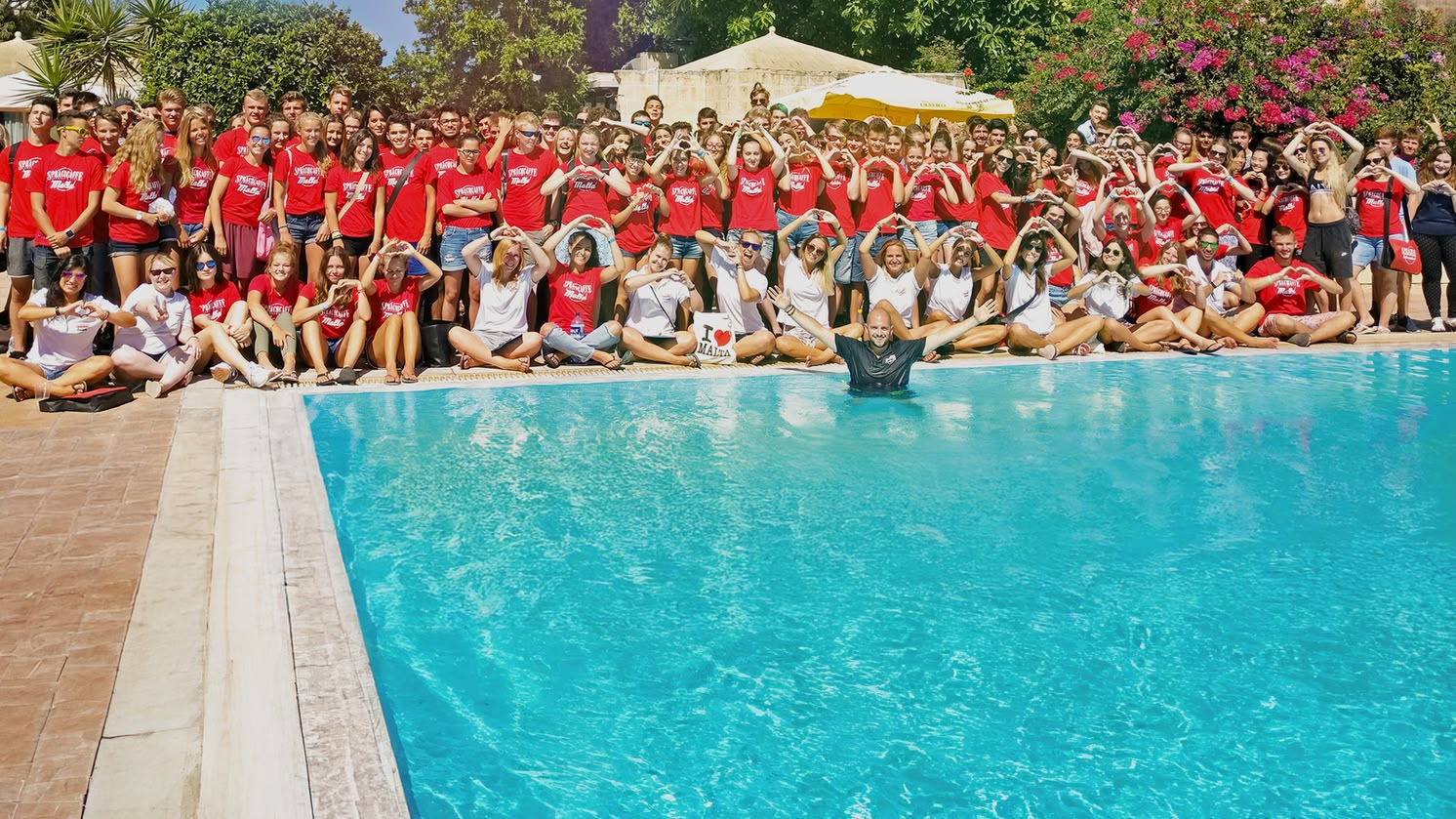Understanding the l'impératif passé : Formation and Implementation
L'impératif passé or the past imperative is a verbal mode that allows to express orders or instructions relating to past actions, that is to say actions that should have been carried out before a certain moment. However, it is important to note that the past imperative is not very commonly used in French. The formation of the past imperative is done from the auxiliary "avoir" or "être" in the present imperative followed by past participle of the main verb. It is important to note that the past imperative is rarely used in speaking and is often replaced by other verb tenses to express past actions, such as the past tense or the imperfect.
» Usage of the l'impératif passé
» Formation of the l'impératif passé
Usage of the l'impératif passé
L'impératif passé or the past imperative is used to express orders or instructions relating to past actions, that is, actions that should have been performed before a certain time. However, it should be noted that the past imperative is relatively rare and little used in contemporary French.
The use of the past imperative is often reserved for formal or literary contexts. Here are some examples of the use of the past imperative:
| Giving orders or instructions for past actions: : | Expressing regret or blame for past actions : | Use in a literary or poetic register : |
|
|
|
It is important to note that the past imperative is not commonly used in speaking and can sound rather formal. In most everyday communication situations, it is better to use other verb tenses, such as the past tense or the imperfect, to express past actions in a more fluent and natural way.
Formation of the l'impératif passé
The past imperative is formed from the auxiliary "avoir" or "être" in the present imperative followed by the past participle of the main verb. The training varies according to the auxiliary used.
| Verbe "avoir" : | Verbe "être" : |
|
|
Example :
| Example :
|
It is important to know the past participle of verbs to correctly form the past imperative. The past participle of regular verbs is usually formed by adding "-é" to the infinitive form of the verb.
It should be noted that the past imperative is rarely used in speaking and is often replaced by other verb tenses to express past actions, such as the past tense.
Improve your French with Sprachcaffe
Discover all options to learn French abroad












